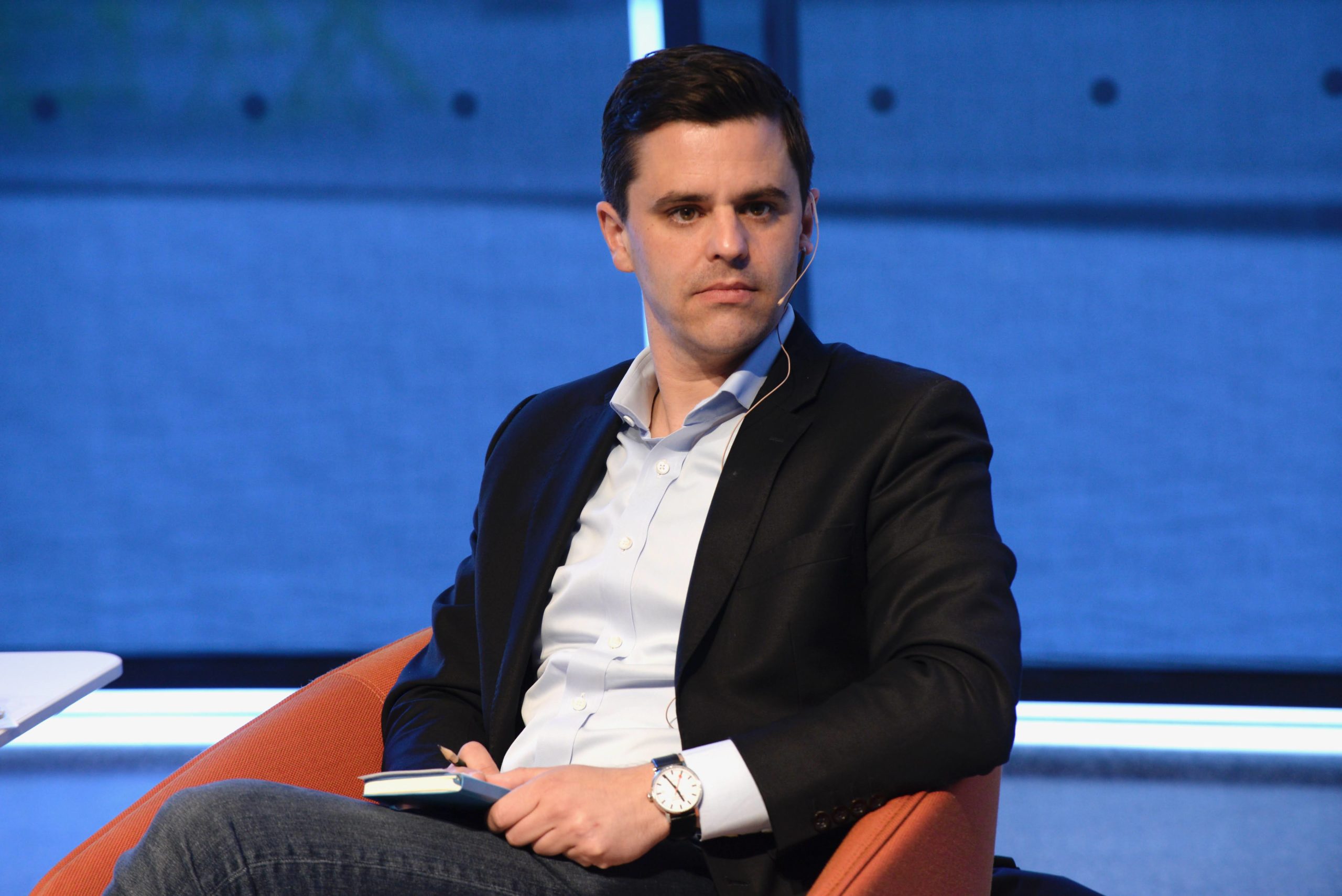
Bieler School of Environment 2023 Public Lecture speaker Gernot Wagner argues that climate tech and renewable energy make not just moral, but also financial sense.
Gernot Wagner is not your average economist. Born in Austria, with multiple degrees in politics, economics, and environmental science from Harvard and Stanford, he worked for close to a decade at the Environmental Defense Fund where he was lead senior economist. He has recently returned to academia, and now “teaches climate policy to MBAs” at Columbia Business School, in New York City. Wagner will present the Bieler School 2023 Environment Public Lecture, titled Climate Risks, Uncertainties, and Opportunities on October 5. He will argue that embracing sustainable climate technology to win the global clean energy race is not only a moral imperative to save the planet, but also makes sound business sense.
In advance of his lecture, we spoke with Wagner.
What is the message you give to your students?
The world around us is changing, and it’s changing fast. Say you graduate with an MBA in the year 2023, and all you care about is making money (Nobody I’ve ever met is that jaded, everybody, of course, has a conscience, but let’s put all that aside for a minute). Well, you aren’t going to go into drilling for more oil and gas, or burning more coal. You go into “climate tech.” You focus on the technologies of the future as opposed to the technologies of the past.
Or to put bluntly: the first trillionaire isn’t going to be one because of fossil fuels, but because they’re getting us off them. That doesn’t mean there’s that one silver bullet out there we need to be searching for: it’s a slew of technologies. But sector by sector, we more or less know what they are. There’s plenty of R&D to do, but the name of the game is deploying low-carbon technologies, at scale, and fast.
What is the biggest obstacle to tackling the climate crisis in a serious and collective way?
Vested interest. Too much money in the status quo. That’s it. That’s the obstacle. None of this is a secret, much as it isn’t a secret that every barrel of oil and every ton of coal cause more in external damage than they add value to GDP. There are, of course, massive global externalities that have been causing — are still causing — this mess in the first place.
There is also a clear understanding of which way things need to go. Whether you talk to the Saudi finance minister or the UAE oil minister or the CEO of…, well pick your favorite villain. Nobody doubts the science, at least privately. None of it is “if” we move off fossil fuels, it’s “when.” And, of course, it’s who pays.
And yes, getting off fossil fuels pays. Not for every company, now. But it certainly pays off for the world, even from a purely economic perspective, too. Don’t like fossilflation? Get off fossil fuels.
How do we win the global clean energy race?
First, we need to recognize that it is a race. It truly is. The USA was a late entrant with its Inflation Reduction Act, but boy, the race is on.
The negative climatic tipping points are bad, probably much worse than most think. But look at the positive, socio-economic ones. Five years ago, heat pumps and induction stoves were those fancy technologies that may finally allow us to cut our gas lines one day. Well, today, IKEA sells induction plates for $60. In some countries, IKEA now sells solar panels and heat pumps. No, IKEA isn’t going to save the planet, but we are living in a new world. There’s a clear arrow pointing in the right direction and there’s no going back.
The Bieler School 2023 Environment Public Lecture, Climate Risks, Uncertainties, and Opportunities, will take place on October 5 at 5:30 p.m. in the Moyse Hall Theatre of the Arts Building. The lecture is free and open to the public. Get more information.
